
What is SERP? Its Importance for MKT Digital Today Every Latest World News
A SERP (search engine results page) plays a key role in gaining online visibility for your website. SERP, or search engine results pages, are the results a user sees after conducting an online query using a search engine like Google, Bing, or Yahoo. When a user types a query into a search engine, that search engine crawls its index for relevant.
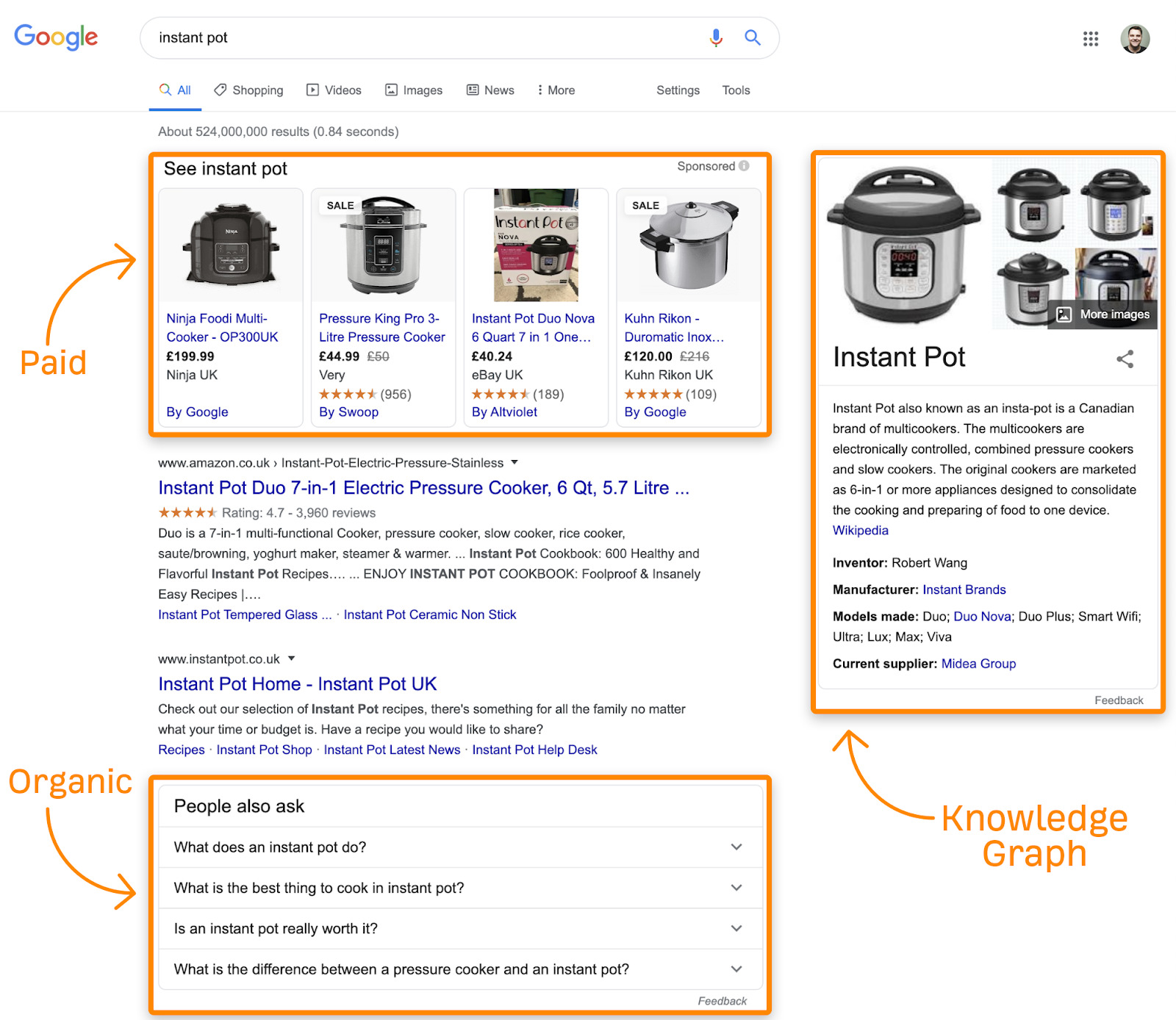
What are SERPs? Search Engine Results Pages Explained
The digital age has transformed how we seek and consume information, with search engines being at the forefront of this revolution. Central to the mechanics of these search engines is the Search Engine Results Page (SERP), a term that, while familiar to many, holds layers of complexity and significance.

How to Build a Successful SEO Campaign?
Search engine results pages, or SERPs, are the web pages that a search engine displays in response to a user's inquiry or query. If you Google and ask a search engine about "Famous perfume brands", a page will open with a number of results. This page is known as SERP. SERP includes a ton of information, not just the content that answers.
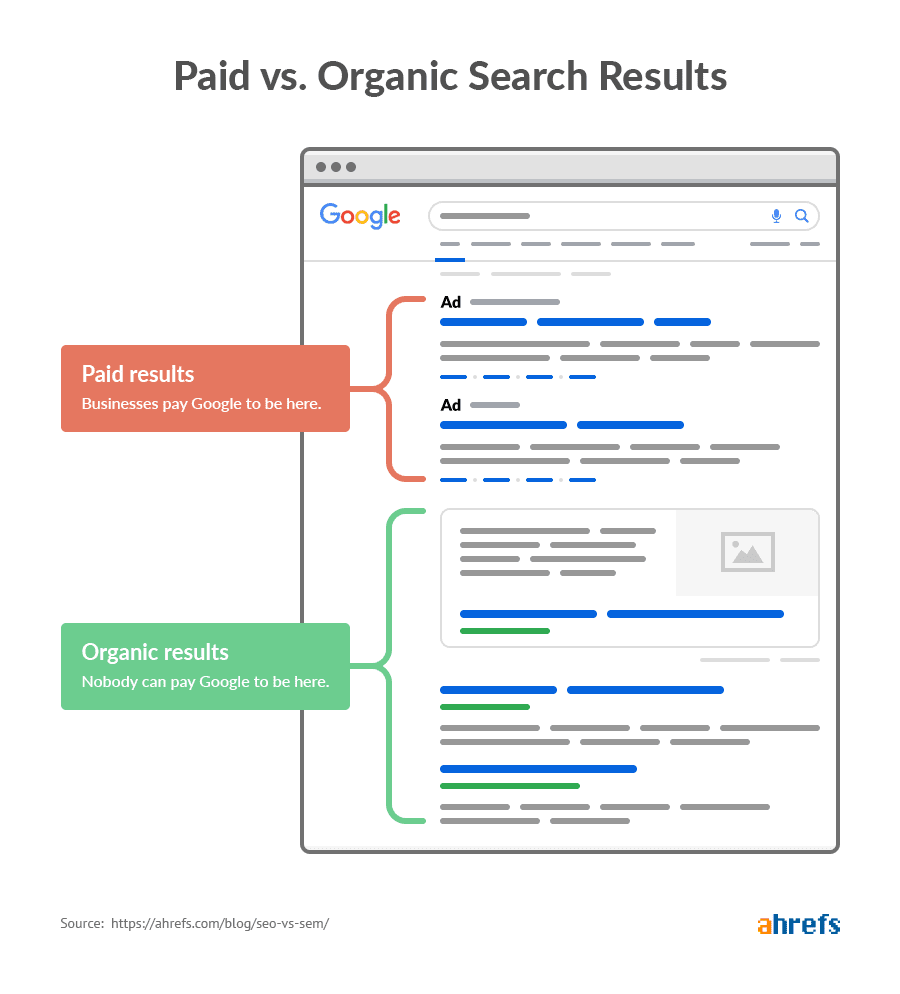
What are SERPs? Search Engine Results Pages Explained
A search engine results page (SERP) is a page generated by a search engine in response to a user search or query. SERPs display a list of results or sites relevant to the user's search. Paid advertisements, if relevant, may also appear in a SERP. If you're ready to learn more about SERPs and their importance to search engine optimization.

SERP (Search Engine Results Page) and Digital Marketing
Search Engine Results Pages Explained. By Joshua Hardwick Reviewed by Sam Oh. April 8, 2020 9 min read. Search Engine Results Pages (SERPs) are the pages that Google and other search engines show in response to a user's search query. They're made up of organic and paid search results. In this guide, you'll learn:
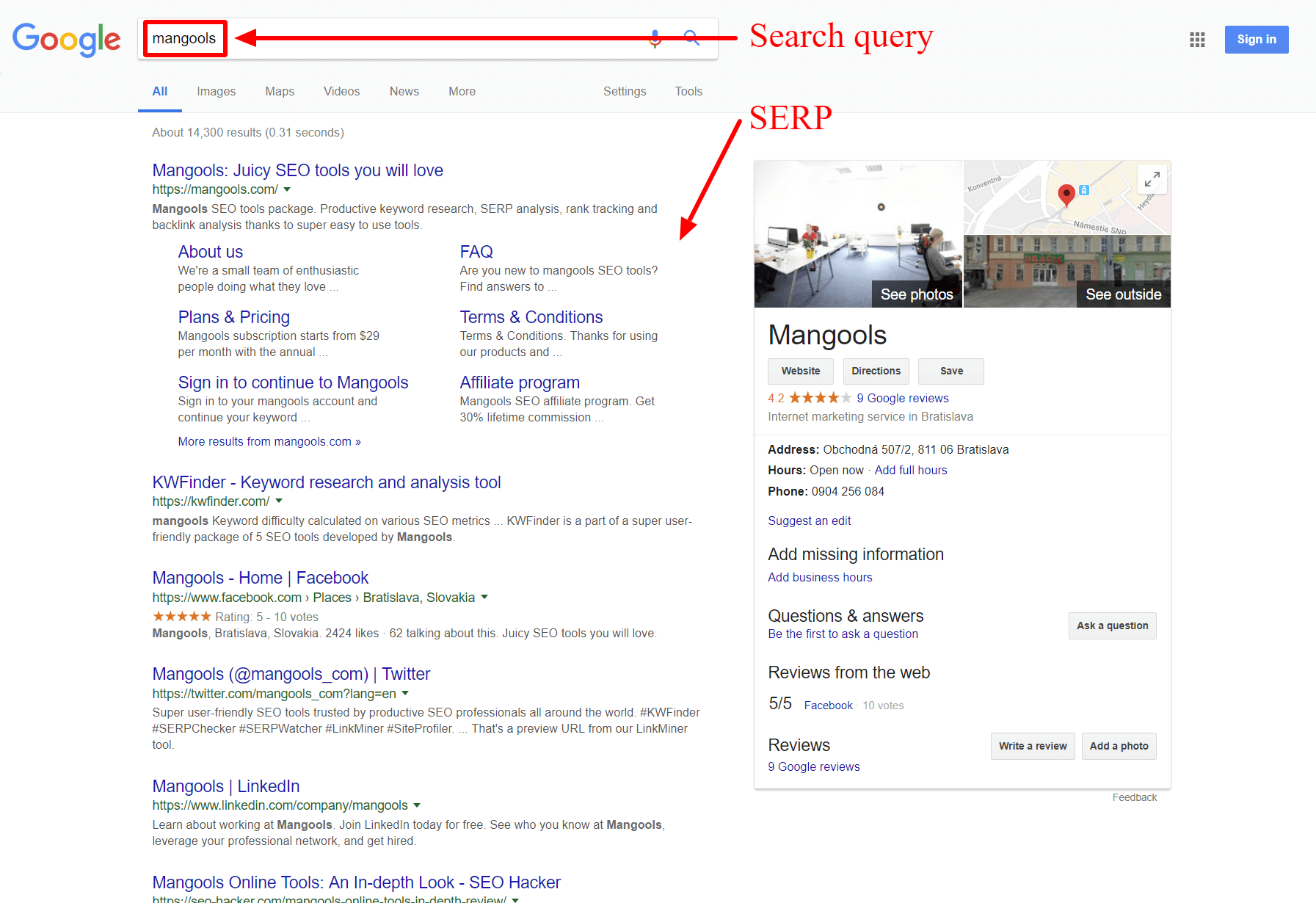
What is SERP And How is it Generated? Mangools
What is SERP in Digital Marketing? SERP stands for "Search Engine Results Page.". It is the page that appears on Google, Bing, DuckDuckGo, Yahoo et al after a user enters a search query. The SERP displays a list of results that match the user's query, including links to web pages, images, and videos. Optimising web content to appear.

The changing SERP Understanding and adapting to dynamic search results
A Search Engine Results Page (SERP) is a list of results returned by a search engine in response to a query. It is the most crucial part of search engine optimization (SEO) and the entire digital marketing world, as it determines the visibility of websites on the internet. The goal of any website owner or digital marketer is to rank as high as possible on the SERP to increase visibility and.

O que é SERP e qual é a sua importância no Marketing Digital?
In the fast-paced realm of digital marketing, a transformative shift is unfolding on the Search Engine Results Page (SERP), one that has subtly reshaped the way users engage with answers to their queries. What was once a simple list of blue links has morphed into a dynamic visual destination with multifaceted and engaging elements reminiscent.

Anatomy of a SERP probably need to read article for the graphic to make total sense. http
What Types of SERP Results Are There? When you look at a Google SERP or any other search engine results page, you see two types of results: organic and paid. The click-through rates for each of the different Google SERP features vary. For example, the first SERP snippet has a click-through rate of 42.9 percent. The top organic result gets 39.8.

SERP (Search Engine Results Page) Marketing BRANDING
SERP features are elements that appear on Google's search engine results page that go beyond traditional organic results. By traditional organic results, we mean the standard plain text layout: Website name: The core website name, minus all the other bits. Cite: Usually a breadcrumb format, which Google sorts for you.

SERP Full From In Digital Marketing It’s Meaning Commercially Li Creative
What Is SERP? "SERP'' stands for "search engine results page.". It's a page that a search engine displays to a user after they enter a search query. SERPs include links to different webpages that are relevant to the user's query, along with additional information or images.
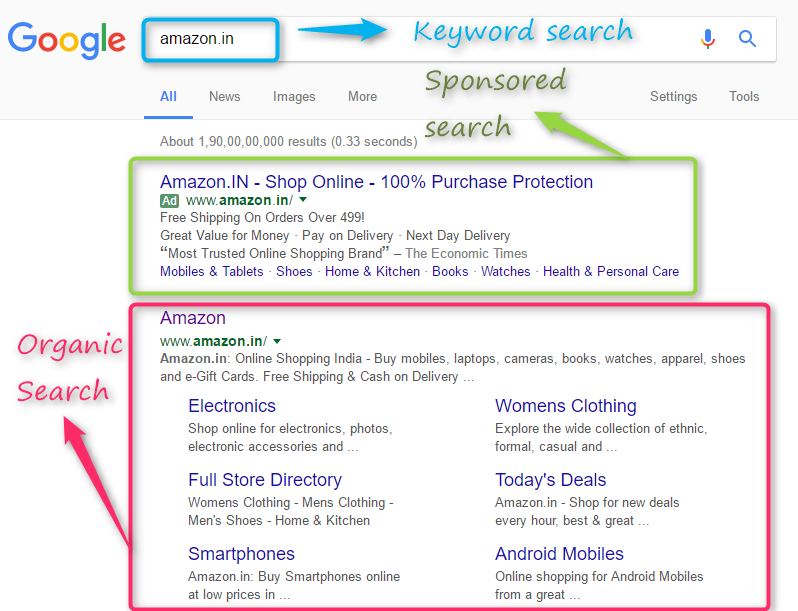
What is SERP/Search Engine Results Page Evrybuzz
SERPs (Search Engine Results Pages) are the pages that return a list of web pages in response to a query you enter into the search engine. You've seen them on Google, Bing, Yahoo, and even Ask Jeeves, if you've been on the internet for a while. For the most part, we as consumers don't give SERPs a second thought.
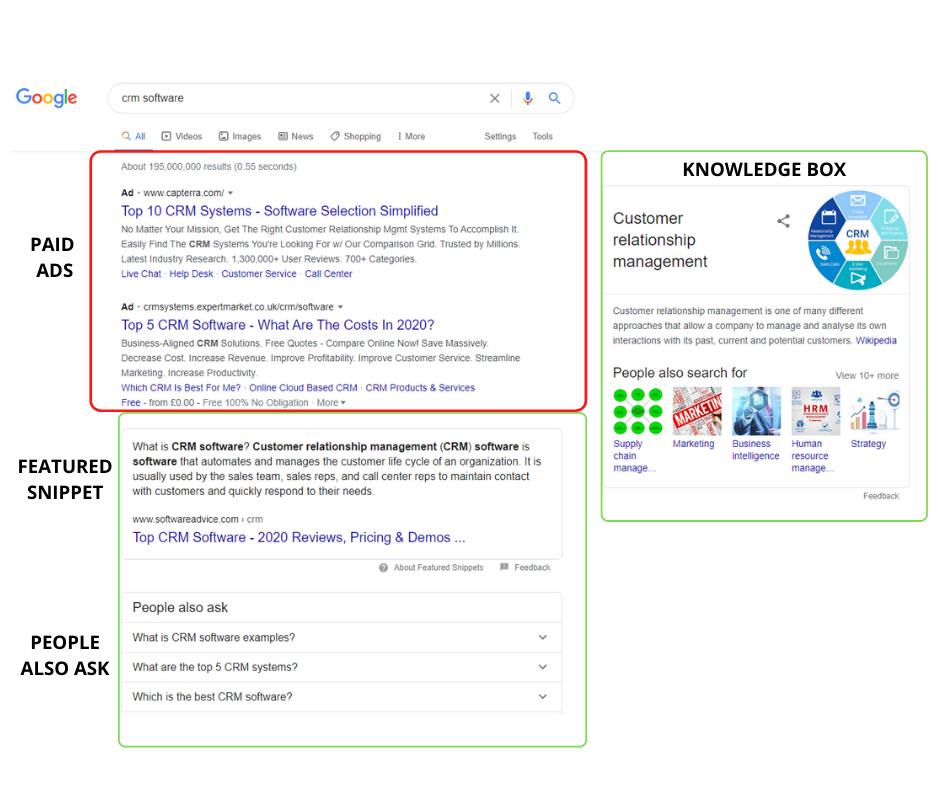
Un guide simple des SERP Romantikes
A search engine results page (abbreviated to SERP) is the listing of results returned by a search engine in response to a query for a keyword or phrase. Search engines, like Google and Bing, will return many pages of content results for a given search term. Years ago a SERP was simply paid and non-paid listings.

What is The SERP full Form? — SEO Digital
The Basics of SERPs (Search Engine Results Pages) Let's start with the absolute basics. SERP stands for "search engine results page," and as that name implies, this is the page you encounter after conducting a keyword search on a platform like Google.Based on your search string (the characters you enter into the search bar of the search engine), Google and other search engines will.

What Is SERP in Digital Marketing?
A SERP feature is any result on a Google Search Engine Results Page (SERP) that is not a traditional organic result. The most common SERP Features are: Rich Snippets which add a visual layer to an existing result (e.g., review stars for product ratings) Paid Results that are bought by bidding on keywords (e.g., AdWords or Google Shopping)
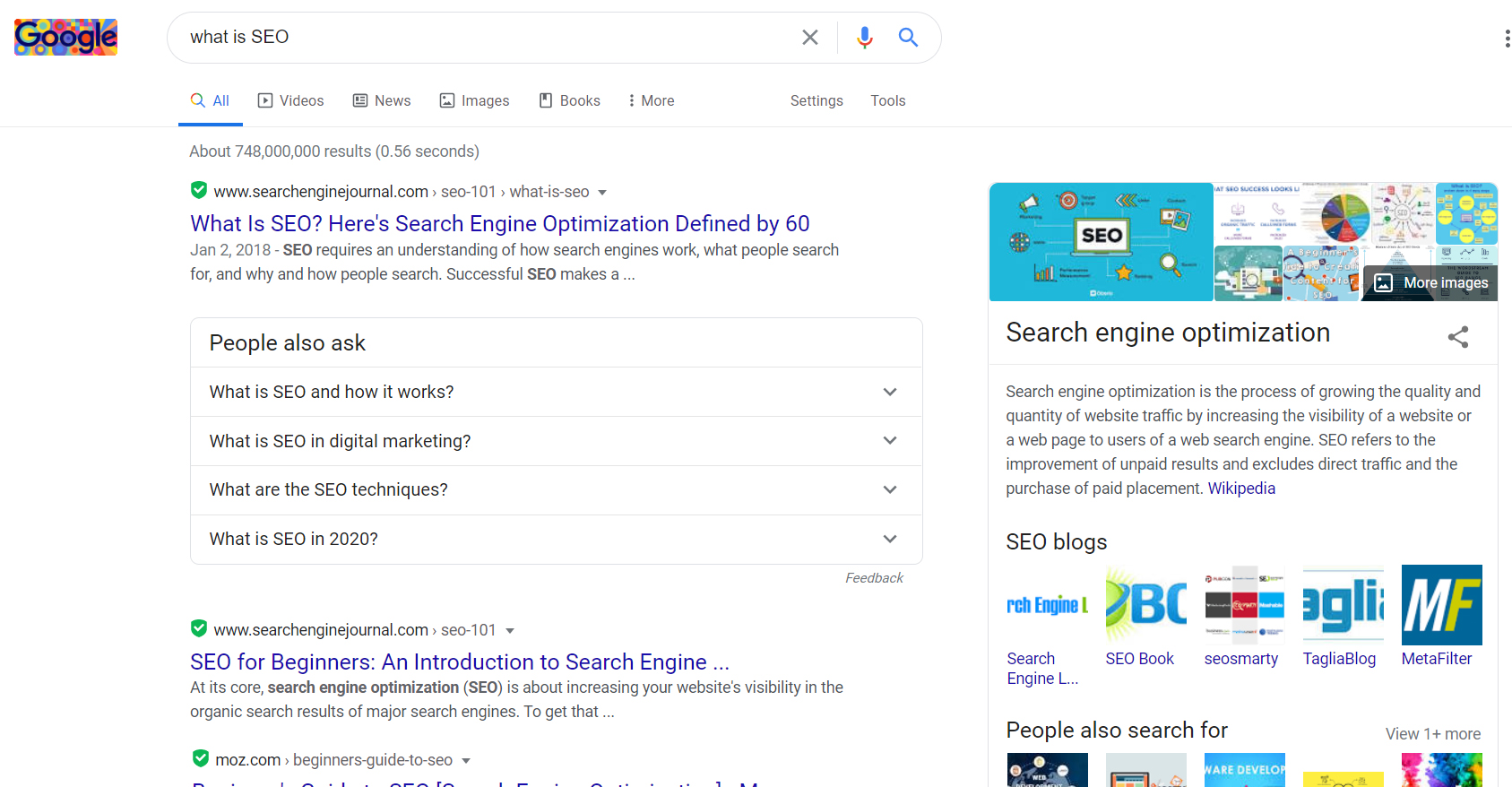
What Is a SERP A Visual Guide to Google Search Results & Features
Search engine results pages are web pages served to users when they search for something online using a search engine, such as Google. The user enters their search query (often using specific terms and phrases known as keywords ), upon which the search engine presents them with a SERP. Every SERP is unique, even for search queries performed on.